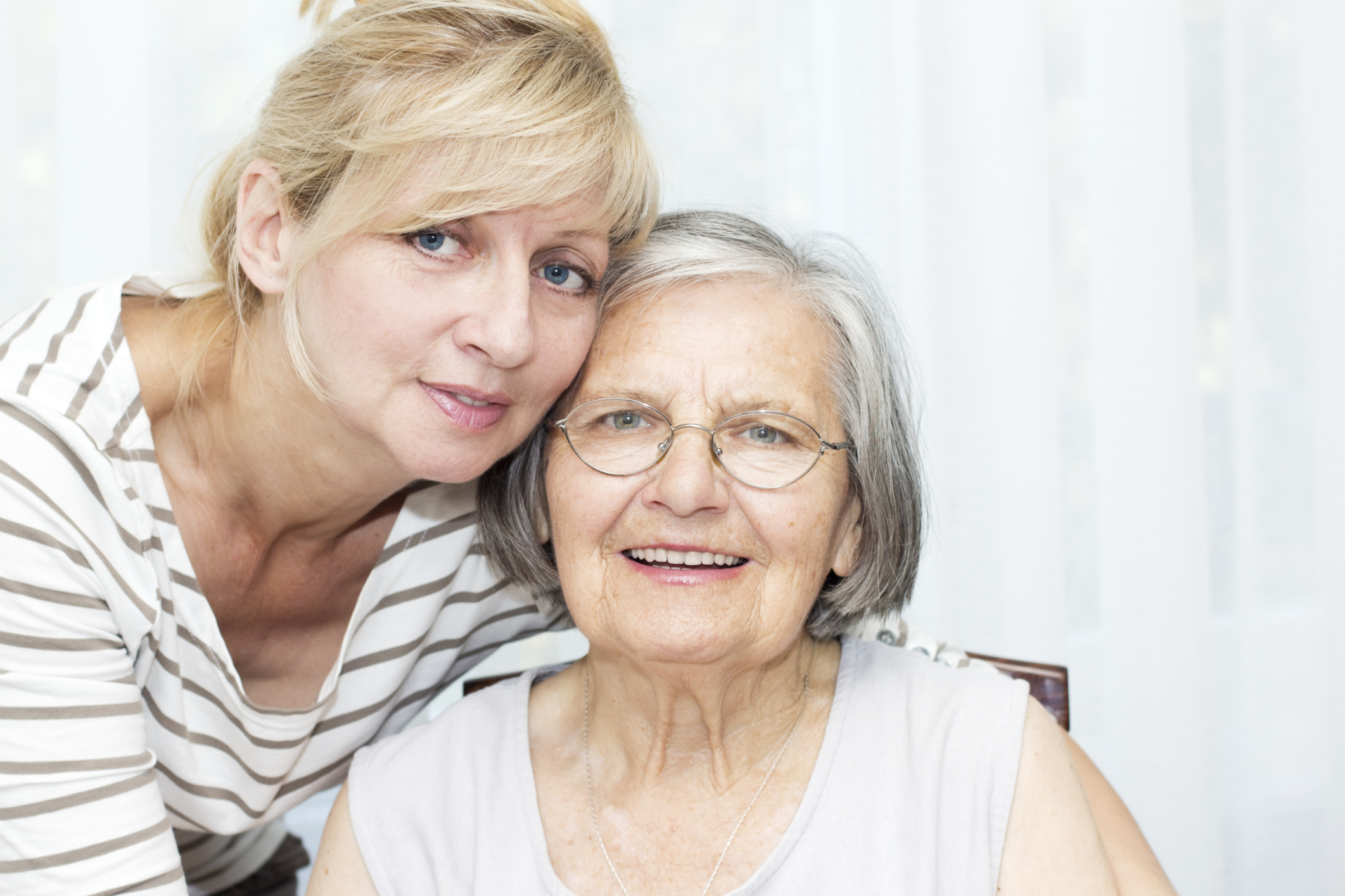Unfortunately, guilt is a common feeling among caregivers. Regardless of how effective a caregiver actually is at providing for a loved one, sometimes they get caught up in the idea of being perfect—which is, of course, impossible. When a caregiver can’t meet their own super-high standards, they feel guilty and become a victim of their own best intentions. If you are a caregiver, keep these tips in mind to help ward off caregiver guilt:
Have realistic, obtainable expectations. Nobody’s perfect – you can’t anticipate every single issue that may occur. No matter how much you love the person or feel that you “owe” him or her, you actually owe it to yourself to lower your high expectations. This can also lower the guilt you feel, an emotion that feeds off of high standards.
Be aware of the shouldas, couldas, and oughts. For many caregivers, their inner dialogue sounds like this:
“I shouldn’t feel happy about taking a few days of vacation when Mom isn’t able to go.”
“I could have been more patient with my husband when he kept asking me for things he needed.”
“I ought to cancel my lunch date—Dad might need me to run an errand for him.”
You have needs and feelings, too – feeling guilty just wastes precious energy. Remind yourself that you are doing the best you can as a caregiver and that neglecting the things that you need doesn’t benefit you or the person for whom you’re caring.
Make time for yourself. As unexpected as this may sound, selfless people often feel a lot of guilt. But as they work hard to take care of another person’s needs, they often ignore their own needs. For the sake of your well-being, it’s important to find enjoyable activities that allow you a break in caregiving duties. Consider having a meal with a friend, book a relaxing massage, or take an hour to curl up in your favorite chair and read a good book. While you may initially feel selfish, realize that taking a little “you” time can help you recharge, which may make you a better, more focused caregiver.
No caregiver is an island unto themselves. The saying that “it takes a village” could apply to caregiving responsibilities. Asking other people for assistance is not a sign of weakness, and there’s no need to feel guilty about it. Asking for and receiving some extra help can lighten the load and reduce the stress that constant caregiving can create. If you’re concerned about being burdensome, remember that people don’t have to spend a lot of time or money to help. Consider asking for assistance doing laundry or other household chores, preparing a home-cooked meal, or providing transportation to and from an appointment or errand.
Use the resources available to you. If you are a Health Advocate member, we can be a valuable resource for you. Our Personal Health Advocates can help arrange care for your loved one, connect you to medical providers–primary care physicians, mental health specialists and counselors, nutritionists, and others. Personal Health Advocates can take some of the responsibility off of caregivers by making doctor appointments; helping to line up transportation; researching care options, such as adult day care, or in-home nursing services; filling out paperwork; sorting out insurance issues, and more.
Additionally, if you have access to an EAP program (such as Health Advocate’s EAP+Work/Life service), consider addressing caregiver guilt and/or stress with a Licensed Professional Counselor. And if you are holding down a job while managing caregiving responsibilities, talking to a Work/Life Specialist may help you achieve improved work/life balance.
Being a devoted caregiver is admirable, but be sure you don’t neglect yourself and your own needs in the process. Be sure to take steps to eliminate caregiver guilt and reach out for assistance when necessary.



